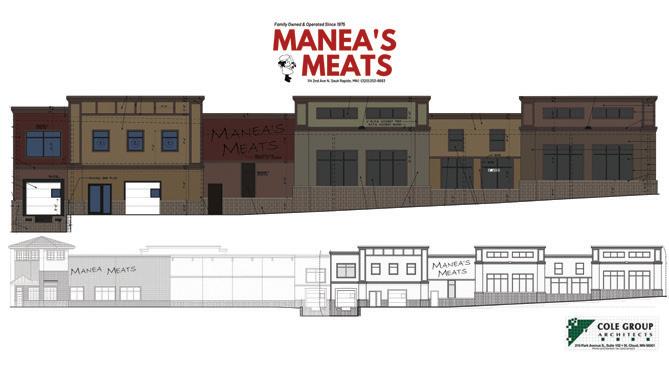3 minute read
We Got Billy!
Next Article
The quest to brew a national beer turned fatal for one regional brewery.
By Eric Cheever
Initially, sales of BILLY Beer were gangbuster. Stores couldn’t keep it on the shelves, and the breweries producing it couldn’t keep up with the orders. A year later BILLY Beer could not be given away. Millions of unfilled cans had to be sold back to the can companies for recycling, and one of the four breweries involved with the project went bankrupt.
How did this happen?
In the late 1970s, when giant brewers like Schlitz and Miller were infiltrating local markets, midsize regional brewer Falls City Brewing Co. in Louisville, Kentucky, needed a home run. Its once stable sales area had been taken over by the big boys and its market share had plummeted.
At the same time, the newly elected American president’s little brother had become an overnight sensation. Billy Carter was an attention hound who was wellknown for his love of beer. He called himself a professional redneck, and Americans found him refreshing – or at least entertaining. Why not have this self-proclaimed redneck, who came to represent good times, endorse a Falls City beer?
A deal with Carter was signed. It was rumored that he earned $50,000 per year for attaching his name to the new product. Falls City created several new brews and Carter picked his favorite. A new label that was distinctively late–‘70s in nature was designed and it was off to the races.
Promotional sign for BILLY Beer

The BILLY Beer can included an endorsement from Billy Carter stating that it’s the best he’s ever tasted.
As a regional brewer, Falls City didn’t have the capacity to make or distribute a national beer. To solve this, they leased the name and recipe to three other regional breweries. The first company to join in was the Cold Spring Brewing Co., in Cold Spring, Minnesota, followed by West End in Utica, New York, and Pearl Brewing in San Antonio, Texas. It was hoped that this new brew would ease a bit of these firms’ financial woes.
Amidst much fanfare, BILLY Beer debuted in early November of 1977, in Plains, Georgia – hometown of the Carters. The first batch of beer sold like hotcakes.
Cold Spring Brewing Co. worked around the clock to get BILLY ready for its Midwest release. The morning of November 28, 1977, broke to a ‘carnival’ atmosphere in Cold Spring, as fifty semitrucks were loaded with the first of 100,000 cases of BILLY to be available outside of the southern U.S. As the trucks left the brewery, they were led by police escort and preceded by a German marching band. Much of the town including ROCORI high school students lined Red River Avenue to watch the parade. Back at the brewery, there was a collective sigh of relief. According to Cold Spring Executive Vice President Ric Giglio, “We’ve got a big bunch of tired but very happy people here.”
Carter claimed that he was on the way to becoming the ‘Colonel Sanders of beer’. It looked to many observers that nothing could get in the way of BILLY’s continued success, except Billy Carter himself.

Carter’s contract stated that he had to appear at multiple public events. He would show up at the event, throw out a few scripted talking points, proceed to get drunk and tell reporters that he didn’t like BILLY and that he really drank Pabst. Or he would simply not show up at all, which is what happened in Cold Spring. Soon Carter’s reputation began to change from a lovable free spirit to an unpredictable drunk who was extremely difficult to work with.
It is said that nearly every beer drinker in the nation bought a twelve pack of BILLY Beer in 1977-1978. Unfortunately for the brewers, almost no one bought a second twelve pack. By the middle of 1978, retailers were finding it difficult to give BILLY away, let alone sell it at a profit. Falls City Brewing had put all its eggs into BILLY’s basket. By October of 1978, Falls City, once the bestselling brand in much of its territory, was no more.

Cold Spring, West End, and Pearl were able to survive the BILLY debacle, but serious harm had been done to their reputations. For Cold Spring, the end of BILLY marked the beginning of a 20-year decline that ultimately led to bankruptcy and eventual rebirth.
Doing Good
SPIRE RAISES NEARLY $80,000


Members of Spire Credit Union along with listeners of the radio station KS95 raised nearly $80,000 for Secondhand Hounds through the Buck$ for Babe fundraiser. This is the second year operating the fundraiser, and Spire alone donated $25,000 to the campaign.

